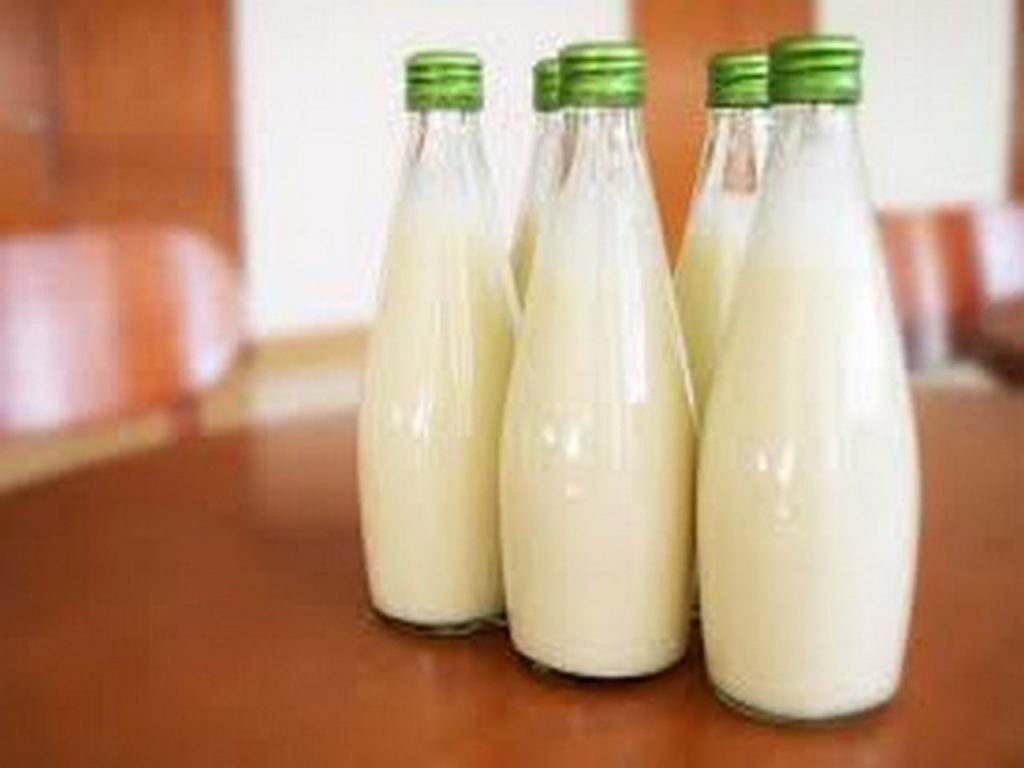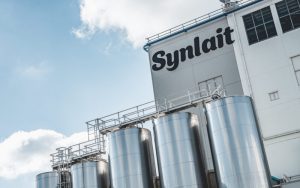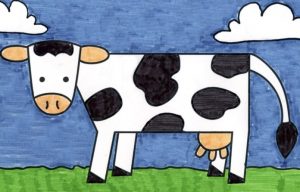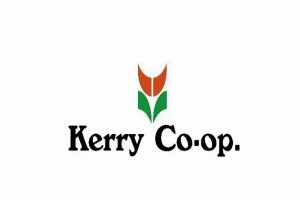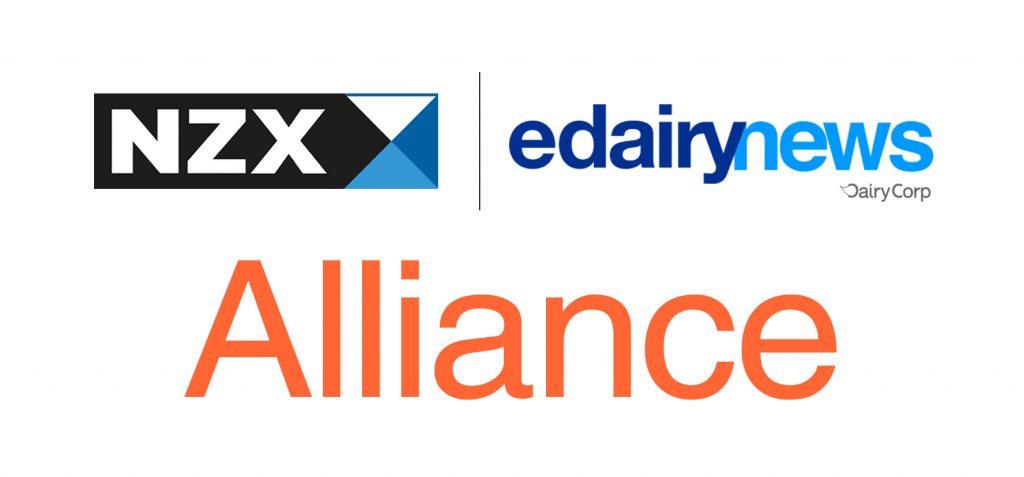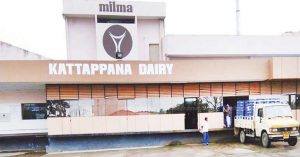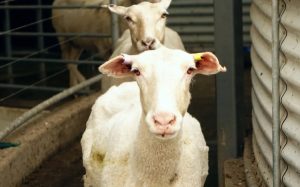The order supersedes the Export of Milk Products (Quality Control, Inspection and Monitoring) Rules, 2000.
India on Tuesday made a health certification mandatory for all milk and milk product exports that will be subject to stringent quality control, inspection and monitoring. Export of milk and milk products that do not comply with the standards will be prohibited as per rules notified by the commerce and industry ministry.
Under the Export of Milk and Milk Products (Quality Control, Inspection and Monitoring) Rules, 2020, the government setup a standing committee under Chairman, Export Inspection Council (EIC) to formulate standards for which none are available.
The order supersedes the Export of Milk Products (Quality Control, Inspection and Monitoring) Rules, 2000.
The commerce and industry ministry said it “prohibits the export in the course of international trade of milk and milk products unless it conforms to the standards applicable to it”. It has also mandated the consignment to be accompanied by a certificate of export worthiness. The council will issue a certificate that would be valid for a period of three years.
“While this is a procedural change, it will help in gaining access to markets which have been rejecting our products on quality issues,” said an official.
As per the order, EIC would issue the health certificate declaring such consignment is fit for human consumption and export worthy but would also issue a veterinary certificate, if requested by the exporter, in the specified proforma as asked by the importing country.
“In case the importing country requires a health certificate, the same may be provided,” it said.
India exported $129.87 million worth dairy produce, birds’ eggs, natural honey and edible products of animal origin in the April-August period.
The order details various hygiene requirements and general conditions relating to the holding and acceptance of raw milk at treatment and processing establishments.
The EIC also has to ensure that there is no residue of substances having a pharmacological or hormonal action, and of antibiotics, pesticides, detergents in excess of the permitted levels fixed so as to make them harmful or which might alter their organoleptic characteristics or make their consumption dangerous or harmful to human health.

